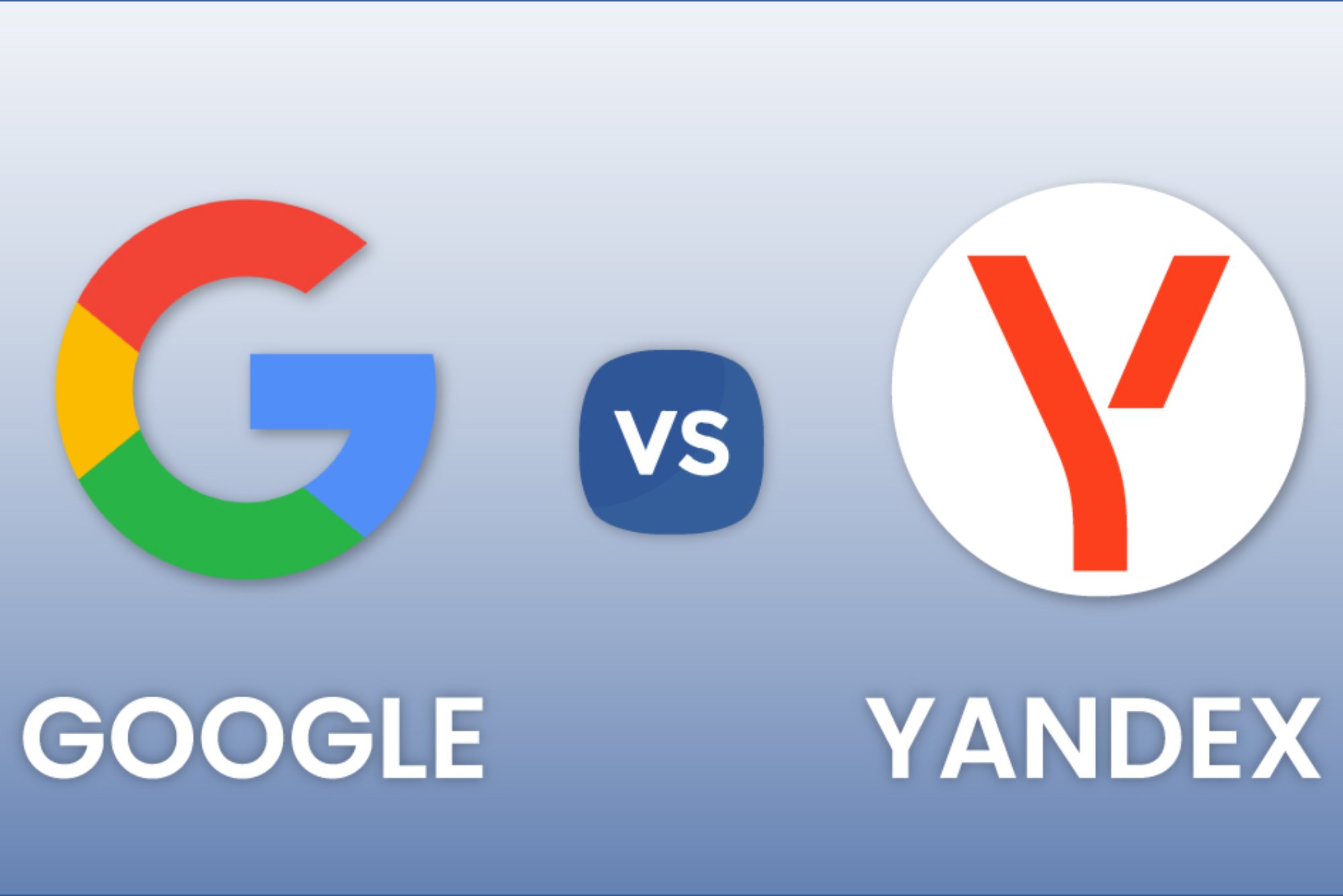Search engine optimization (SEO) plays a crucial role in building an online presence. While most global strategies focus on optimizing for Google, it’s essential to consider other dominant search engines, especially if targeting specific regions. One such platform is Yandex, Russia’s largest search engine, holding a significant market share in the country and other Russian-speaking territories. Yandex operates differently from Google, making it vital for businesses to tailor their strategies to succeed. In this guide, we’ll explore the specifics of Yandex SEO, its unique features, and the strategies to dominate rankings on this platform.
Understanding Yandex SEO
Yandex is a Russian-based search engine that caters primarily to users in Russia, Belarus, Kazakhstan, and other CIS countries. With its localized algorithms and user-first approach, Yandex focuses on providing high-quality, region-specific results. For businesses targeting Russian-speaking audiences, optimizing for Yandex is not just beneficial but crucial.
Unlike Google, which emphasizes backlinks and user engagement metrics, Yandex considers a broader range of factors. Local relevance, behavioral analysis, and technical website elements are critical to Yandex’s ranking algorithm. To excel on Yandex, it’s essential to dive into its nuances and address its specific requirements.
Key Differences Between Yandex SEO and Google SEO
To effectively optimize for Yandex, it’s crucial to understand how it differs from Google. How does Yandex SEO differ from Google SEO? One of the key differences lies in the emphasis on user location. Yandex prioritizes regional targeting, ensuring that local businesses receive more visibility in their specific areas. For instance, if a user searches for a service or product, Yandex favors websites based in the user’s locality, even if larger international websites have more backlinks or higher domain authority.
Additionally, Yandex has stricter content quality guidelines. It penalizes websites for duplicate content, unnatural link-building practices, and excessive keyword stuffing. In contrast to Google, which heavily weighs backlinks for ranking, Yandex places more importance on user experience, such as bounce rates, time spent on the page, and mobile optimization.
Yandex Algorithm Updates and Their Impact
Like Google, Yandex frequently updates its algorithms to improve search quality. Some major updates focus on combating black-hat SEO techniques like keyword stuffing and link farming. Yandex’s algorithms, such as “Korolyov” and “Palekh,” emphasize semantic search, natural language processing, and user intent analysis.
These updates ensure that content relevance remains a top priority. For businesses, this means creating high-quality, engaging content that directly addresses user queries. Keeping up with these updates is vital to avoid penalties and maintain rankings.
Strategies for Effective Yandex SEO
Yandex strongly emphasizes regional relevance. Ensure your website targets the correct region by using Yandex Webmaster Tools. Specify your geographic area, language, and audience preferences to help Yandex index your content appropriately. Local businesses should also create profiles on Yandex Maps, as it enhances visibility in localized search results.
Create High-Quality, Relevant Content
Content quality is a cornerstone of Yandex SEO. Avoid duplicate content at all costs, as Yandex is particularly strict about this. Conduct thorough keyword research using tools tailored for the Russian market and incorporate keywords naturally into your content. For example, Keyword monitoring Yandex helps businesses analyze the effectiveness of their keywords and track performance in rankings.
Ensure your content aligns with user intent. Yandex favors detailed, well-structured articles that answer specific queries comprehensively. Incorporate multimedia elements like images, videos, and infographics to boost engagement.
Build Natural Backlinks
While Yandex does not emphasize backlinks as heavily as Google, they are still an important ranking factor. Focus on earning natural, high-quality backlinks from authoritative Russian websites. Avoid spammy link-building practices, as Yandex has stringent penalties for unnatural links.
Optimize for Mobile and User Experience
Yandex prioritizes mobile-friendly websites. Ensure your site is fully responsive, loads quickly, and offers seamless navigation on all devices. Enhance user experience by designing clear layouts, reducing bounce rates, and increasing time spent on the page.
Leverage Yandex Webmaster Tools
Yandex provides a comprehensive suite of tools to monitor and optimize your website. From tracking indexing status to analyzing performance, Yandex Webmaster Tools offers invaluable insights. Use these tools to identify and fix technical SEO issues, such as broken links, slow-loading pages, and indexing errors.
Use Behavioral Metrics to Your Advantage
Behavioral factors, such as how users interact with your website, play a significant role in Yandex rankings. Focus on improving click-through rates (CTR) by crafting compelling meta titles and descriptions. Ensure that your website content engages users, encouraging them to spend more time exploring your site.
Monitoring and Measuring Yandex SEO Performance
Tracking your progress on Yandex is essential to refine your strategies. Tools for Keyword monitoring Yandex enable you to measure the effectiveness of your target keywords and adjust your content accordingly. These tools provide insights into ranking fluctuations, traffic sources, and user behavior, helping you stay ahead of the competition.
About Yandex SEO
1. What is Yandex SEO?
Yandex SEO involves optimizing websites to rank higher on Yandex, Russia’s leading search engine.
2. How is Yandex SEO different from Google SEO?
Yandex prioritizes local relevance, content quality, and user behavior metrics, while Google emphasizes backlinks and global relevance.
3. Why is Yandex important in Russia?
Yandex dominates the Russian search market, making it essential for reaching local audiences.
4. How can I track keywords on Yandex?
Use tools like Keyword monitoring Yandex or Yandex Webmaster Tools to track keyword rankings and site performance.
5. Does Yandex penalize poor SEO practices?
Yes, Yandex strictly penalizes duplicate content, keyword stuffing, and unnatural backlinks.
Yandex Advertising and Paid Campaigns
In addition to organic SEO, Yandex offers paid advertising opportunities through Yandex.Direct. This platform allows businesses to create targeted ad campaigns, reaching users based on their search intent, location, and browsing behavior. Combining Yandex SEO with paid campaigns can amplify your visibility and drive conversions.
Challenges in Yandex SEO
While Yandex offers significant opportunities, it also comes with challenges. Language barriers can be an obstacle for non-Russian speakers. To succeed, consider hiring native Russian SEO experts or translators to ensure your content resonates with the audience.Moreover, the slower indexing process can be frustrating, requiring consistent efforts and patience. Staying updated with algorithm changes and adhering to Yandex’s strict guidelines is essential to avoid penalties and maintain rankings.
Yandex SEO is a vital strategy for businesses targeting Russian-speaking audiences. By understanding How does Yandex SEO differ from Google SEO, you can tailor your approach to meet Yandex’s unique requirements. Prioritize high-quality content, optimize for local relevance, and focus on user experience to succeed on this platform. Regularly monitor performance using tools like Keyword monitoring Yandex, and stay updated on algorithm changes to maintain a competitive edge.





